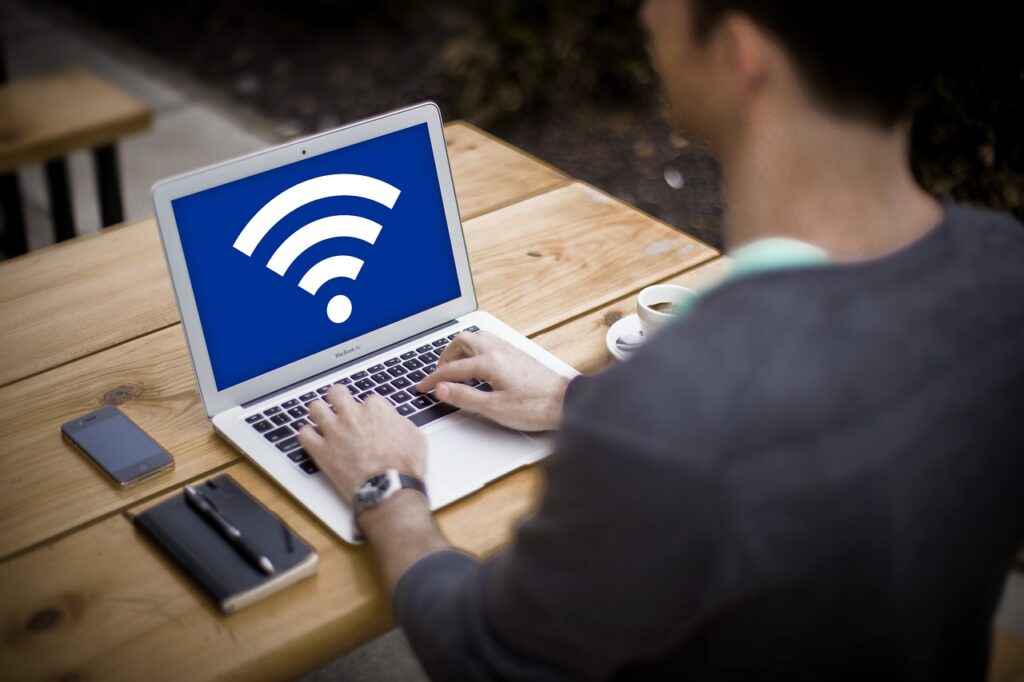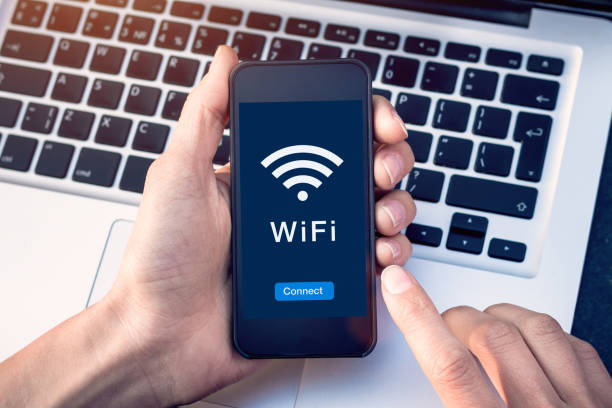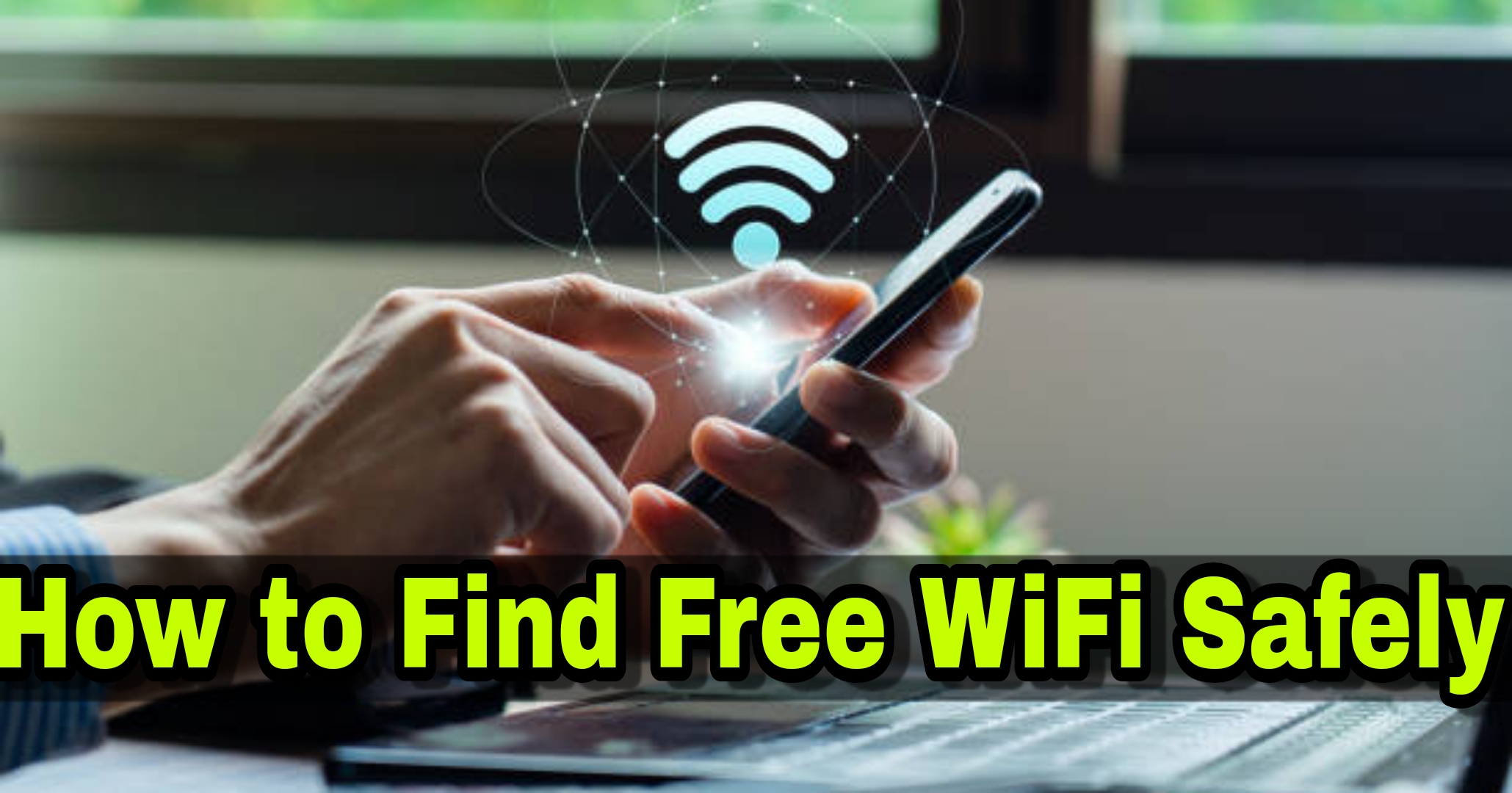Understanding Free WiFi Access: A Responsible Guide
The Reality of WiFi Connectivity
WiFi has become an essential part of our daily digital life, connecting us to the internet seamlessly. However, accessing networks without proper authorization is not only unethical but potentially illegal.

Legal and Safe WiFi Access Methods
Legitimate Free WiFi Locations
Numerous public spaces offer free and authorized WiFi access:
– Coffee shops
– Libraries
– Airports
– Shopping malls
– University campuses
– Public parks
– Community centers
Recommended WiFi Finding Strategies
Smartphone Built-in Features
– Most modern smartphones have built-in WiFi scanning capabilities
– Navigate to Settings > WiFi
– Scan for available networks
– Connect only to networks you have permission to use
Trusted WiFi Finder Apps
– WiFi Map
– OpenSignal
– Insta bridge
– Provides legitimate network locations
– Shows verified free WiFi hotspots
– Offers user-reviewed connection information
Critical Security Considerations
Protecting Your Digital Safety
WiFi Security Risks:
– Unsecured networks can expose personal data
– Potential for cyber attacks
– Risk of identity theft
– Malware transmission
Essential Protection Strategies:
– Use a reliable VPN
– Enable two-factor authentication
– Avoid accessing sensitive information
– Keep device software updated
– Use strong, unique passwords
Ethical WiFi Access Guidelines
1. Always seek permission
2. Respect network usage policies
3. Understand local regulations
4. Prioritize personal digital security
Alternative Internet Access Options
Cost-Effective Connectivity Solutions
Mobile Data Plans
– Affordable prepaid options
– Flexible data packages
– Reliable connectivity
Portable WiFi Devices
– Pocket WiFi routers
– Mobile hotspot devices
– Flexible internet access
Community WiFi Programs
– Municipal free WiFi initiatives
– Community network projects
– Low-cost internet access programs
Technical Insights
How WiFi Actually Works
WiFi Fundamentals:
– Uses radio wave transmission
– Operates on specific frequency bands
– Supports multiple device connections
– Requires authentication protocols
Connection Types:
– Open networks
– Password-protected networks
– Enterprise-level secured networks
Legal and Ethical Warnings
Important Considerations
Unauthorized Network Access:
– Potential criminal offense
– Violation of computer misuse laws
– Significant legal consequences
– Potential financial penalties
Recommended Approach:
– Always seek explicit permission
– Use authorized network access methods
– Respect digital boundaries
– Prioritize personal and network security
Conclusion: Responsible Connectivity
While the desire for free internet is understandable, accessing networks without authorization is never acceptable. Modern technology offers numerous legitimate and affordable ways to stay connected safely and legally.

Key Takeaways
– Prioritize digital ethics
– Understand network access regulations
– Invest in secure connectivity solutions
– Protect personal and network security
By following these guidelines, you can enjoy reliable, safe, and responsible internet access.


Great site! I am loving it!! Will be back later to read some more. I am bookmarking your feeds also
I think this internet site has got some real wonderful information for everyone :D. “Morality, like art, means a drawing a line someplace.” by Oscar Wilde.
I genuinely treasure your work, Great post.
Well I truly liked studying it. This article provided by you is very effective for correct planning.
官方數據源24小時即時更新nba賽程比分、賽程表,以及NBA球星數據統計和表現分析。
An interesting discussion is worth comment. I think that you should write more on this topic, it might not be a taboo subject but generally people are not enough to speak on such topics. To the next. Cheers